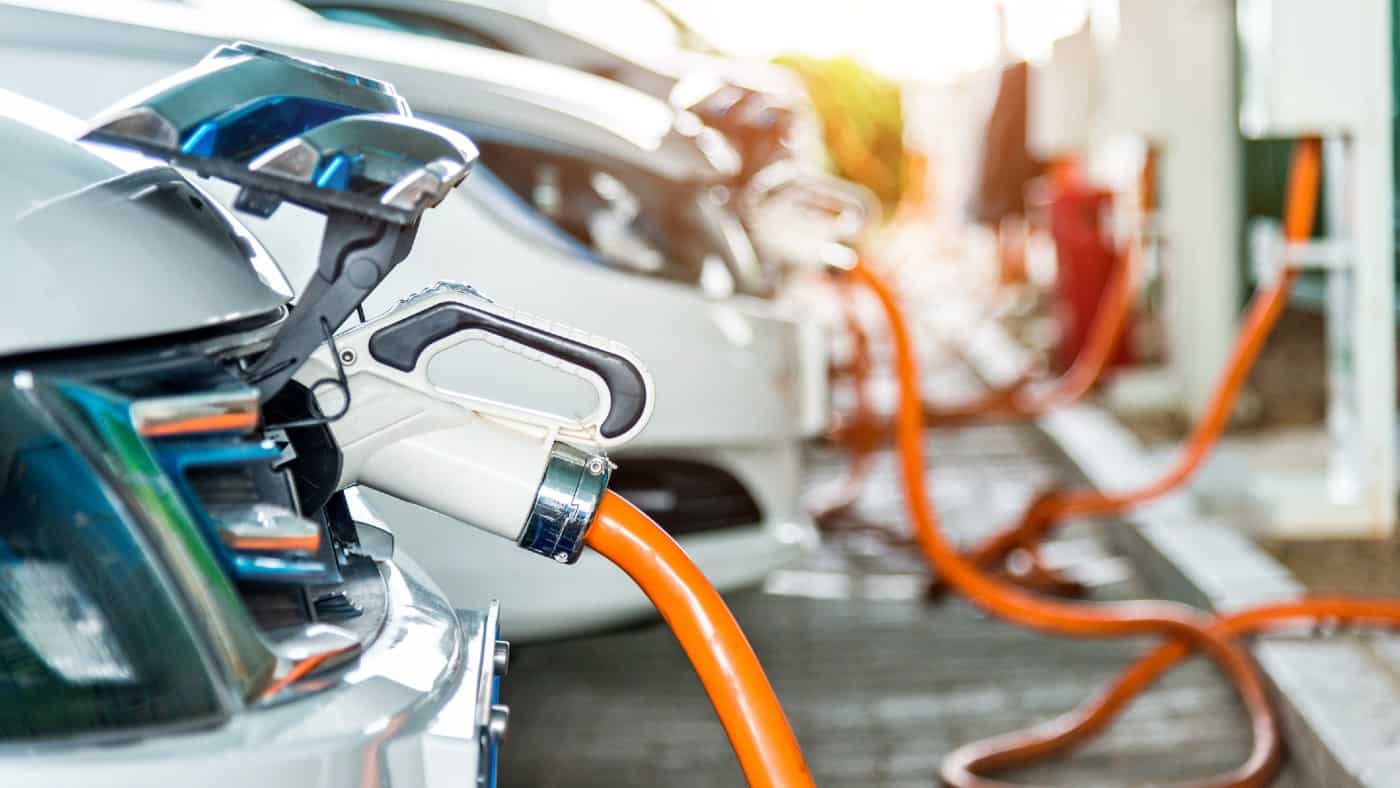The NIO (LSE: NIO) share price has had a rocky ride over the past few weeks. Falling almost 9% yesterday, the electric vehicle (EV) manufacturer’s stock has fallen 38% year-to-date.
The resurgence of Covid-19 concerns is a driving factor behind the falling share price. As with many other industries across the globe, the EV sector was hit hard by supply shortages linked to the pandemic. In addition to this, the sector had already been suffering from the global semiconductor shortage, leading to NIO suspending production between March and April this year, causing a $60m loss.
This issue has plagued the firm more recently, with October car deliveries falling more than 65% from September to just 3,667, due to supply chain volatility. The Omicron virus variant may exacerbate these problems further, causing more manufacturing problems for it. This has been the case for the whole EV industry, with Tesla falling over 5% yesterday too.
Positive results
Although the Omicron virus poses a big concern for NIO, there are still some positives for the firm. For example, it announced on Wednesday that its deliveries for November totalled 10,878 vehicles. This is its best monthly total and over double the figure for November 2020. For now, this highlights that NIO is still growing quickly. If this continues then it could be a key driver behind the future growth of the share price.
In addition to this, Q3 results contained more positives for the firm. Vehicle sales increased 102% year-on-year and total deliveries reached their highest ever figure. In addition to this, vehicle margins reached 18% compared to 14% a year prior. Hopefully, this signals a move towards profitability for the firm.
Another positive that could boost the NIO share price, is the annual ‘NIO day’ which is coming up on 18 December. Here investors can expect to see new products and technologies from the firm, including two new models. Both are expected to be released in 2022.
Challenges ahead
Aside from the Omicron virus, NIO also faces some longer-term challenges moving forward. For me, the two main challenges are inflation and increased competition.
The US Federal Reserve has already announced it’s tapering its asset purchasing programme in order to control inflation. This is already starting to put weight on high valuation stocks, as investors rethink their strategies.
In addition to this, the intensely competitive EV market poses an increased risk for the firm. For example, Ford and General Motors have both announced setting aside billions of dollars for EV production. NIO will have to find new ways to stay competitive against these bigger, more efficient firms if it wants to stay afloat.
Overall, I think Omicron poses a short-term threat to the firm, highlighted by the fall in the NIO share price on Thursday. While I think NIO has a prosperous future, shown by encouraging growth and results, there are still challenges to overcome. I’m placing this stock on my watchlist for now.








